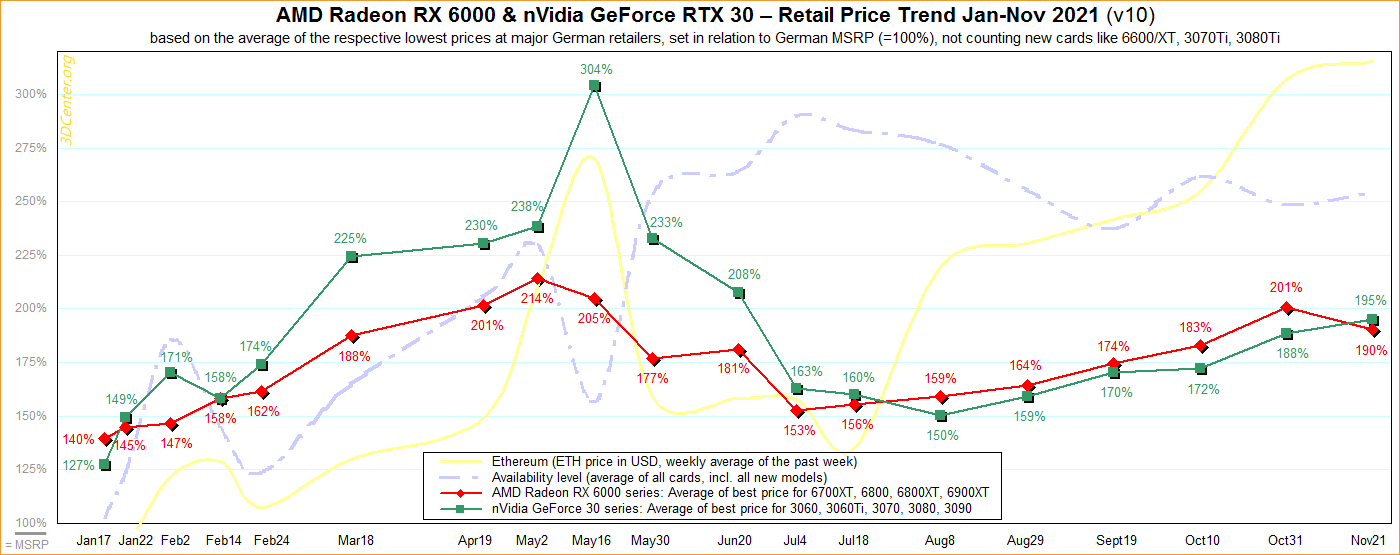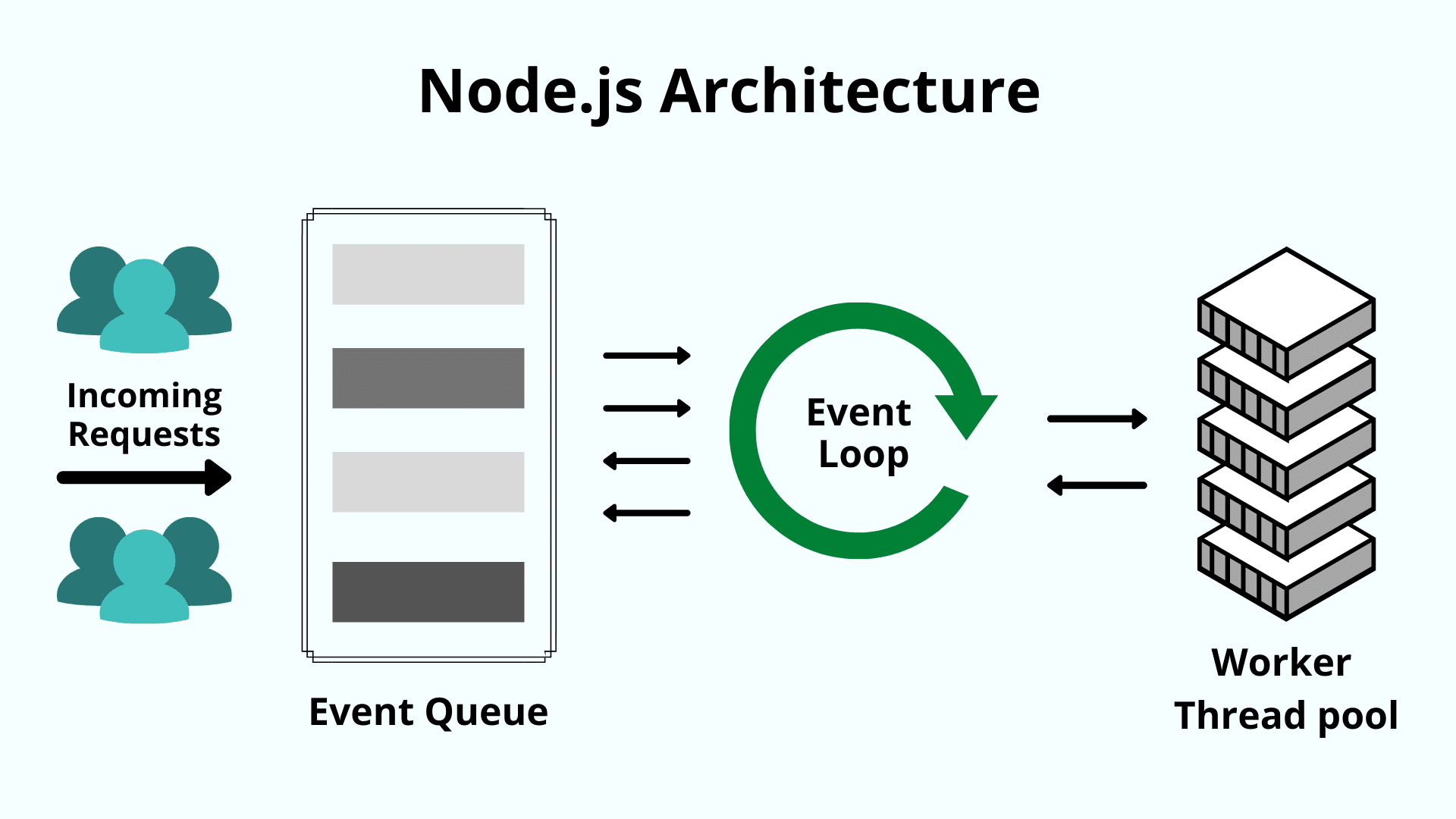
A host is a computer which provides services to other machines on a network. The host is often a mainframe computing device that connects to other workstations to provide service to the network's programs. In Internet lingo, it is also called a large server. Both cases refer to a powerful device, or program, that provides services to other devices or programs that are connected to the Internet.
Hosts are devices or computers that can communicate with other hosts in a network.
A host, also known as a service provider, is a computer which connects to a network to provide services to other devices. Its functions include sending and receiving applications and data. In network architecture hosts can either be physical or virtual devices. There may be routers or switches in the network.
A network is any collection of devices which communicate with each other via an IP address. Each device has its own unique software and IP address. This allows hostnames (or hostnames) to be translated to IP addresses. It makes it easy to find other devices and networks and to communicate with them. A network can be made up of many devices, such as hubs or switches, routers or WiFi boosters.

Servers offer services to programs that are connected to the network.
Servers are computer programs and systems that provide services to computers connected to a network. They typically run a server operating system. This OS manages the resources of the computers and performs all server-related tasks. These systems can be used for many other purposes and have greater processing power and features.
Servers allow computers to access information, such websites and files. They are an essential component of any information technology infrastructure. There are many types available. Each one is different in terms of size, shape, capability, and capacity.
Distributed Hosting is a form distributed hosting
Distributed hosting allows multiple users to share one server instead of each site owner purchasing their own server. Web hosts store their servers in data centres, while subscribers do not have to maintain their own server. Instead, users type their URL into a web browser. The browser converts it into a IP address and sends the information to the server. The web host rents out the servers to users who require them.
A new generation of distributed web hosting is now available through the InterPlanetary File System (IPFS). This network-based protocol allows users and others to share content in a distributed database or system. The IPFS protocol utilizes content-addressing to uniquely identify each file in a global namespace.

Cloud hosting, a newer type in hosting, is now available
Cloud hosting is a type hosting service that allows you to pay as much or little as you wish. This type hosting is perfect for websites that have high traffic but need flexible pricing. It allows for advanced monitoring, web application firewalls, and is safer to store data than traditional servers. It also offers more flexibility in pricing than traditional web hosting.
Cloud hosting involves dividing a physical server in to many virtual machines. These virtual servers connect to form one network that hosts your website. This hosting option is also known by the acronym cluster server hosting. It is generally more expensive than shared hosting but provides many benefits. Cloud hosting's architecture makes it easier to predict sudden traffic surges. The virtual servers can also be loaded with traffic continuously without overloading the physical servers. Some websites need tighter security than others, and cloud hosting provides the flexibility to meet this need.
FAQ
Is WordPress a CMS?
Yes. It's a Content Management System (CMS). CMS allows you control your website content using a web browser and not an application like Dreamweaver, Frontpage or Frontpage.
WordPress's best feature is its free pricing! You don't have to pay for anything other than hosting, which your ISP usually provides.
WordPress was initially intended to be used as a blog platform. Now, WordPress offers many different options: eCommerce sites, forums. Membership websites. Portfolios.
WordPress is very easy to set up and install. To install WordPress, you will need to download the installer file from their website. Once it is downloaded, upload it to your server. Then, you simply visit your domain name through your web browser and log in to your new site.
After installing WordPress, it's necessary to register for a username. Once you've logged in, you'll see a dashboard where you can access all of your settings.
From here, you can add pages, posts, images, links, menus, widgets, and plugins. This step may be skipped if you feel confident editing and creating content.
You can, however, hire a professional Web designer to handle the whole thing if your preference is to work with another person.
Can I use a template or framework on my website?
Yes! When creating websites, many people use pre-built templates. These templates include all of the code required to display the information on your webpage.
Some of the most popular templates include:
WordPress - The most popular CMS
Joomla - Joomla! - another open source CMS
Drupal - an enterprise-level solution that large organizations use
Expression Engine - Yahoo's proprietary CMS
You will find hundreds of templates for each platform. So it shouldn't be hard to choose the right one.
How much does it take to build a website.
The answer depends on what you are trying to achieve with your website. Google Sites may not be required if you simply want to provide information about yourself or your company.
You will likely need to spend more if you want to attract people to your site.
A Content Management System (like WordPress) is the best solution. These programs can be used to build a website quickly and easily without having to know any programming. The sites are hosted by third-party businesses, so there is no risk of your site being hacked.
Squarespace, a web design service, is another option. They offer a variety of plans ranging from $5 per month to $100 per month, depending on what you want to include on your site.
Statistics
- Is your web design optimized for mobile? Over 50% of internet users browse websites using a mobile device. (wix.com)
- In fact, according to Color Matters, a signature color can boost brand recognition by 80%. There's a lot of psychology behind people's perception of color, so it's important to understand how it's used with your industry. (websitebuilderexpert.com)
- Did you know videos can boost organic search traffic to your website by 157%? (wix.com)
- It's estimated that in 2022, over 2.14 billion people will purchase goods and services online. (wix.com)
- It's estimated that chatbots could reduce this by 30%. Gone are the days when chatbots were mere gimmicks – now, they're becoming ever more essential to customer-facing services. (websitebuilderexpert.com)
External Links
How To
How do I choose between CMSs?
There are two types of Content Management System. Web Designers can choose between static HTML or dynamic CMS. The most popular CMS is WordPress. Joomla! is an excellent CMS for making your site professional and well-organized. You can create any kind of website with Joomla!'s powerful open-source CMS. It's easy to install and configure. Joomla includes thousands of templates and extensions so you don't have to hire a programmer to build your site. Joomla is free to download. Joomla is a great choice for your project.
Joomla is a powerful tool which allows you to easily manage every aspect your website. Joomla offers many features, such as a drag and drop editor, multiple templates support, image manager blog management, news feed, eCommerce, and a blog management. All these features make Joomla a good choice for anyone who wants to build their website without spending hours learning how to code.
Joomla supports all devices. This makes it possible to easily develop websites for various platforms.
There are many reasons Joomla is preferred over WordPress. Some of them include:
-
Joomla is Open Source Software
-
Easy to Install and Configure
-
There are thousands of ready-made templates and extensions
-
Free to Download and Use
-
All Devices Are Supported
-
Powerful Features
-
A great support community
-
Very secure
-
Flexible
-
Highly customizable
-
Multi-Lingual
-
SEO Friendly
-
Responsive
-
Social Media Integration
-
Mobile Optimized